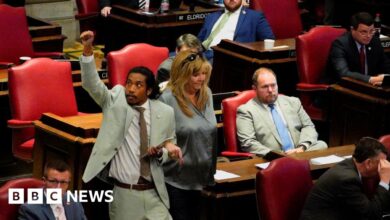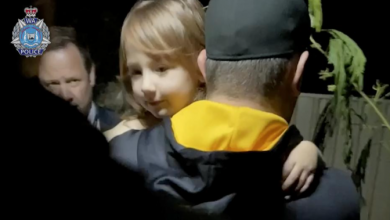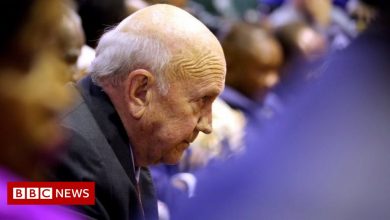Changing lives in the Gambia: United Nations Resident Coordinator Blog

When my mission began, in 2018, not long after the dictatorship ended [The two-decade rule of Yahya Jammeh]. The new government has simultaneously implemented a number of reforms, reviewing the constitution, the judiciary and the security sector, and the United Nations has allocated funds for peacebuilding.

Women working in rice fields, Gambia
Truth and Reconciliation
An important development was the establishment of the Truth, Reconciliation and Compensation Commission (TRRC), with the backing of the UN and other partners.
Everyone enthusiastically embarked on the Commission, which is very important to the country. Expectations are very high from the victims, from the people, but also from various partners. It is important that it is a Gambian controlled process, to avoid any outside influence. We helped set it up and provided the expertise needed to operate it.
The Justice Department needs to be strengthened, because they are directing that process, and this is the first time they have faced a case like this. Once again, we are providing the expertise to work on a road map leading to the implementation of the Commission’s recommendations.
We engage in process-related communications: we want to ensure that communities, local authorities and civil society all know what role they must play and manage expectations. These reforms will not happen in a day, but will take years and we need to make sure that is understood.
Now is the time to put reform into practice. To date, the Government has published a white paper approving most of the recommendations. The COVID-19 The pandemic has slowed this process down, but I think they’re still committed to doing more.

Amadou Jobe, a returning migrant, trains apprentices in a workshop in Banjul, Gambia.
Laying a solid foundation
It is important to have a government that shows leadership. If not, you can sketch a vision of the direction you think the country should go, but you won’t get anywhere.
We supported the Government’s establishment of a Department of Strategic Planning and Implementation, located in the office of the President. We trained our staff and showed them best practices in other countries.
When we arrived, there was no Gender Minister, so we campaigned to create a new ministry, and we are seeing progress in women’s empowerment.
Escaping a 20-year dictatorship where human rights have been abused, we support the creation of the National Human Rights Commission, which is fully functional and, in many ways, an important institution in the country. central government, will oversee the implementation of TRRC.
Going forward, it is important for Gambia to succeed in building strong institutions, which is true for all countries. If the institutions are weak, you cannot execute any plans and waste resources.
I think this country is on the right track. We now have more partners and a growing community of donors. After a five-year period, the transition is almost complete and we have helped the Government lay the groundwork for most reforms, policies and strategies.

Alhadje and Abdoulie Faal’s fruit and vegetable business in Kanuma, Gambia, is supported by the United Nations Capital Development Fund
Change your life for the better
In addition to supporting reform, we are an active partner in economic development, women’s empowerment and climate action.
Economically, where tourism plays an important role, UN agencies have focused on training young people and vulnerable groups such as return migrants, and providing give them seed capital to start a business. Often, returning migrants feel like a burden to their families, but with our help, many of them have been able to thrive.
Unfortunately, this is a country with serious violence against women, including female genital mutilation. Sometimes women don’t want to talk about the violence they’ve endured, so we’ve set up hotlines for them to call, and built centers where they can come in for treatment and receive treatment. support.
The climate crisis is affecting the Gambia, especially in terms of flooding; Last year was the worst flood here in 38 years. It may not be on the scale of floods seen in Pakistan, but for a small country with a small population, it has made a big impact.
Our agencies have been providing food and shelter to those displaced by floods and clean drinking water, but we are also helping people adapt and better prepare for the next floods. follow came.
I believe we have changed lives for the better in the Gambia. We are still in the early stages, but I believe we have laid strong foundations for growth and that we will see even greater impact in the next 5 years, and see the developed countries in a cohesive way, in all regions. The country leaves no one behind.




